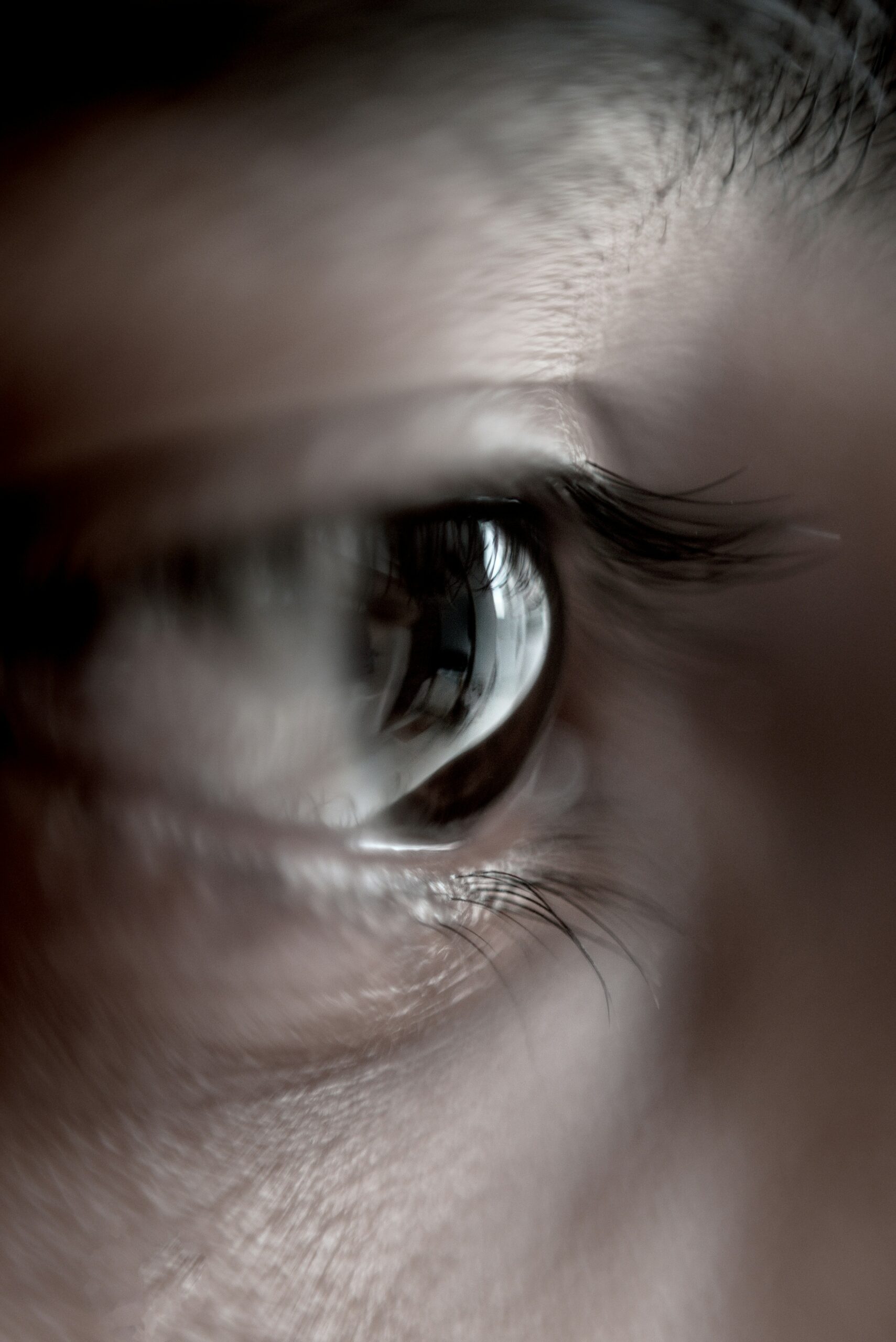
“I wanted to acknowledge the fact that I have PTSD. We don’t even know that we are suffering from this mental health disease.” This comes from an interview of musician G Herbo where he’s talking about his new album titled “PTSD”, released just last week.
‘We don’t even know’, why we feel the way we do and have the thoughts we have. Life is enormously complex, and there’s a constant inflow of stuff that our bodies process, respond to, and in turn incorporate into who we are, be it the food we eat, the air we breathe, sights we see, social interactions we have, or the countless other things we’re exposed to in our environment. Most of these things we aren’t even aware of. We’re even less appreciative of how these things are shaping who we are.
My working definition of ‘mental health’ is the health of the apparatus that manages the way we think and feel, and ultimately the way we behave. We know it is in large part comprised of the brain – but not completely. The brain’s interactions, the chemical, electrical, and physical communication with all of our other systems, have to be considered as part of that apparatus as well. Those other systems are required in many cases to receive, process and incorporate that ‘inflow of stuff’. Every piece is ‘physical’. Mental health is physical health.
Our mental health, like every other aspect of our health, is a product of our genetically determined make-up, and our experiences – all the stuff that we’re exposed to as we live life. Of course, our behavior has a lot to do with determining those experiences, but the converse is true as well, our experiences shape our behavior. The big lie we’ve accepted culturally, and that we hold ourselves to personally, is that we are, or should be aware of how these experiences inform our decision making and our behavior.

We all make decisions and do things that we know are not in our best interest, which are impossible to rationalize. The thing is though, that most of the factors weighed in our moment-by-moment decision making process are not available to the conscious, reasoning part of our minds. Even in our well-deliberated decisions there are many factors at play that aren’t apparent or even knowable to us. So even if we were able to be perfectly rational, we are rarely, if ever, privy to enough information to make a perfectly informed and reasoned decision. But it’s not a lost cause, we do have the ability to feel things. The way we feel has at least as much to do with our behavior as does our ability to deliberate. So if those feelings get skewed it’s very difficult to make good healthy decisions.
The increasing awareness of the prevalence and realness of Post-traumatic Stress Disorder (PTSD) has started to expose what I mention above. This increased awareness has a lot to do with the crisis that is the alarmingly high incidence of death by suicide by veterans and active military. It is easy for us to imagine how the horrific experiences of war could change the way an individual might perceive the world and herself or himself in it, but exposure to the horrors of war is not the only source of the kind of trauma that leads to PTSD. Other causes include sexual assault, natural disaster, refugee displacement, physical injury, and medical illness. In the case of G Herbo, it was growing up in a violent environment in inner-city Chicago, where he witnessed murders and was himself a victim of gun violence.
Not everyone who experiences these kinds of trauma will display the symptoms of PTSD. It’s estimated that 5-10% of those exposed to severe trauma will develop the disorder. What this estimate means, and why certain individuals are more or less affected is something I want to discuss in future conversations.
For now, I want to wrap things up with a couple of observations:
First, the very existence of the disorder we call PTSD illustrates that we are undeniably shaped by our experiences.
Second, we desperately need to ensure that every individual can get, and feels comfortable getting, routine professional mental health care, because we simply don’t have the perspective to understand how those experiences might be standing in the way of our living productive, fulfilling lives. We don’t even know.
Related Articles

Little Orange Fish is an organization dedicated to increasing public understanding of the value, roles and current state of mental health care. We aim to provide greater visibility to the resources that cater to behavioral, emotional, and mental health needs, ensuring that every individual has immediate access to the essential support and treatment we all deserve.